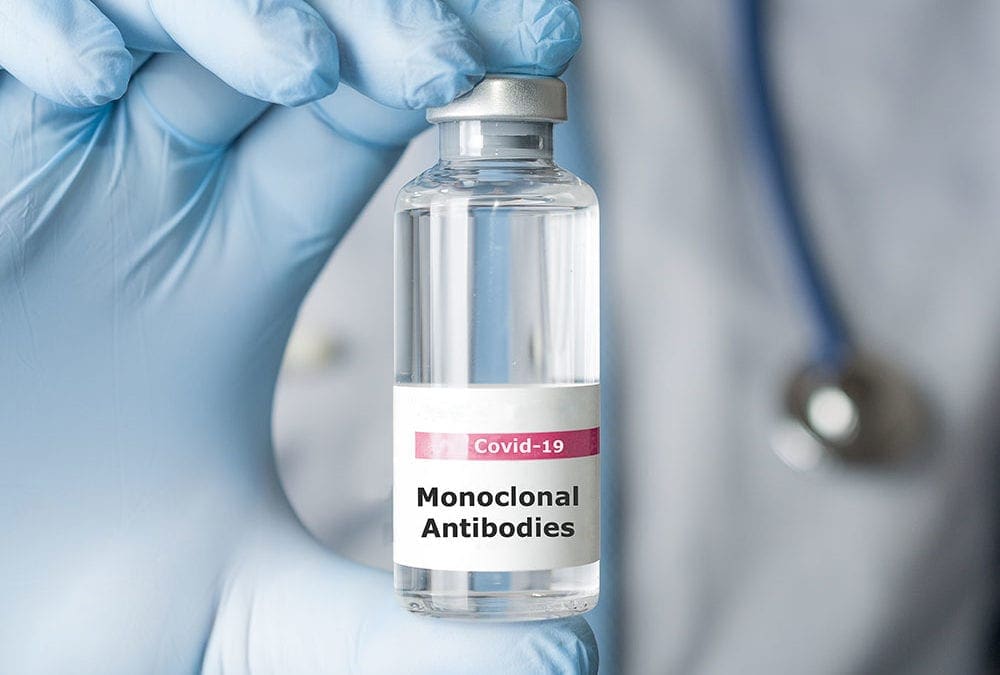Earlier this year, The NHIA (The National Home Infusion Association) issued a statement regarding the decision to increase Medicare payment rates for monoclonal antibody administration. See the original press release below for more details.
Alexandria, Va. (May 6, 2021) —The National Home Infusion Association (NHIA) recently issued a statement on the decision made today by the Centers for Medicare & Medicaid Services (CMS) to increase the Medicare payment rate for administering monoclonal antibodies.
These treatments are being given to patients as part of the COVID-19 pandemic, and coverage will continue under the Medicare COVID-19 vaccine benefit. Beneficiaries will not pay out of pocket for the monoclonal antibody treatment, regardless of where it is administered – including in the home setting.
“CMS’ decision to increase reimbursement for home infusion of monoclonal antibody treatments recognizes the importance of administering these medications as rapidly as possible to the patients who need them,” said NHIA’s President & CEO Connie Sullivan, BSPharm. “By recognizing the costs associated with providing these one-time infusions, CMS will help encourage equitable access to patients living in rural areas, as well as for those for whom transportation is a challenge. With the ability to receive treatment at home, patients can gain access to these important therapies in a manner that reduces the risk of exposure to the public and medical personnel.”
In late 2020, NHIA began the NHIA Special Projects for Equitable and Efficient Distribution Program (SPEED) program in conjunction with the Department of Health and Human Services (HHS) to increase access to bamlanivimab – a monoclonal antibody treatment – to eligible individuals residing or working in long-term care facilities, including assisted living facilities.
NHIA is a trade association that represents companies that provide infusion therapy to patients in their homes and companies that manufacture and supply infusion and specialty pharmacy products. Infusion therapy involves patient-specific compounded medications, supplies, and a range of pharmacy, nursing, and other clinical services for delivering care to patients in the home setting. For more information, visit www.nhia.org.
###


